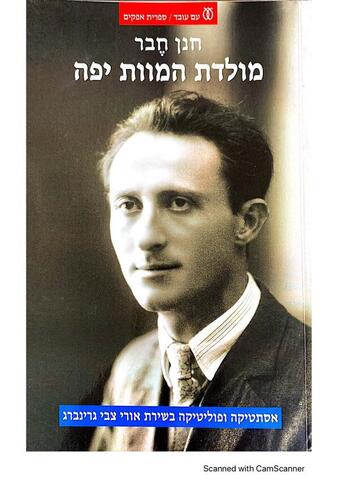
This book presents a series of surprising encounters with the poetry of Uri Zvi Greenberg, one of the great Hebrew poets of the twentieth century, and its multifaceted presence on the seam between the politic and the aesthetic. This book’s suggested readings of Greenberg’s oeuvre exposing how, through his radical fascist perspective, he created astoundingly impressive work in its width and breadth while developing, unexpectedly through Hebrew culture’s radical right wing perspective, a powerful stance representing and containing the totality of modern day Jewish existence. The book explores Greenberg’s stance vis-à-vis the role of the national poet, the intricate relationship between his literary and non-literary writings, the poetic foundation of his most politically pungent poetry in “The Book of Indictment and Faith” (1937), his radical lamentation of the destruction of Europe’s Jews, his ambivalence regarding the very establishment of the state of Israel, and the literary and cultural dynamics he had with David Ben-Gurion and Zeev Jabotinsky. Greenberg’s critical perspective regarding the Zionist culture is saturated with unprecedented anger, rage and hate; but the anesthetization of the political, typical to fascist culture, is represented in this book as the basic principle of his poetry and his public presence.